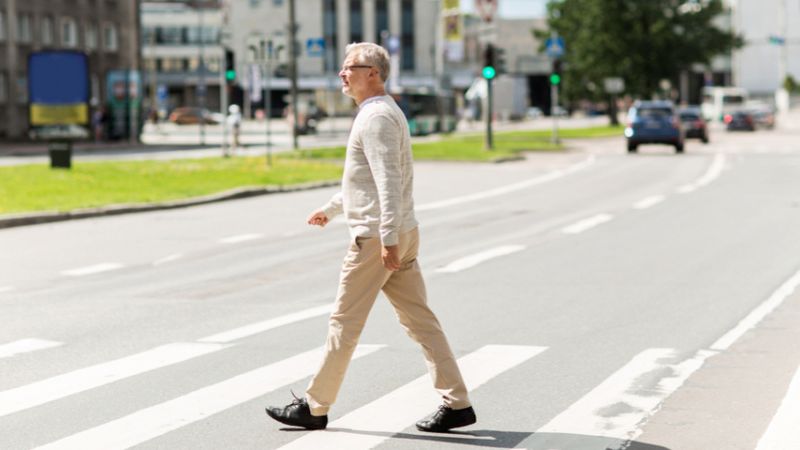Summer is here and that means that it’s time for outdoor activities, fresh fruit, and fireworks. But that also means spending more time in the hot summer sun. If it feels like the sun is stronger now than when you were a kid, you’re right; research from NASA has shown that UV exposure from the sun is stronger now than it was even 30 years ago, as a result of the destruction of the ozone layer.
The sun carries many senior safety risks, especially during the summer months. The increased exposure to the sun can lead to sunburn, melanoma, dehydration, and heat stroke--all of which can have long term health consequences for seniors.
The Heat And Senior Safety
Excessive exposure to heat will have a negative impact on your health at any age, but seniors are at greater risk of health complications, and even death. Aging causes the body’s natural cooling system, your sweat glands, to become less effective. Older adults can overheat quickly and their bodies can have a hard time cooling down.
Additionally, common ailments of aging, like poor blood circulation, reduced sodium diets, and certain medications, compromise the body’s ability to cool itself down. Older adults have to exercise much more caution than younger generations when exposed to heat. Excessive heat can cause these dangers to senior safety:
-
Fainting, where heat can cause a rapid drop in blood pressure.
-
Heat cramps, which are an imbalance of the body’s salt causes cramping, especially in the legs.
-
Heat exhaustion, where a rising body temperature, not above 102 degrees, causes dizziness and fatigue.
-
Heat stroke, which is when the body temperature exceeds 105 degrees, causing lethargy, confusion, or loss of consciousness.
While both fainting and heat cramps have sudden onset symptoms, the signs of heat stroke and heat exhaustion can be easier to spot, giving you the ability to intervene before it gets worse. The signs of heat stroke and exhaustion include heat cramps in the hands, calves or feet, fatigue, nausea, headache, excessive thirst, rapid heart rate, and the slowing of breath, amongst other symptoms. If you experience any of those symptoms after spending time out in the sun, seek out medical attention immediately.
Summer Safety Tips for Seniors
The senior safety risks associated with the sun should be taken seriously, but it shouldn’t take a medical scare to get you to take better precautions during the summer months. These summer safety tips can keep you feeling good through the heat of the summer, and also help boost your overall health as you age:
-
Stay well hydrated. Water is absolutely essential year round for senior safety and wellbeing, but even more so in hot weather. Drink plenty of water throughout the day to stay well hydrated, and avoid alcohol and caffeine as they will further dehydrate the body.
-
Dress in light layers. Protecting your skin from the sun will help keep your body temperature regulated and prevent sun burns. Wear breathable, light-colored fabrics that will reflect the sun’s heat away from you.
-
Avoid strenuous activity. Part of the fun of summer is getting to spend more time outside after being cooped up all winter. But, seniors can overheat quickly and find themselves in a dangerous medical crisis. If you plan to be outside for an extended period of time, take breaks, drink plenty of water, and dress appropriately.
-
Run an air conditioner. While this senior safety tip might not apply to everyone, if you are living in a home with air conditioning, you should use it! Because of the expense of using an air conditioner, many seniors choose to not run their air, even when outside temperatures spike. If you don’t want to run the air on full blast all day, consider turning the air to a lower setting when you leave in order to spend less time in a hot home once you return. For those who do not have an air conditioner – make an attempt to spend several hours a day in an air conditioned building – like a library, senior center, the mall, or a movie theater. Even these few hours will help regulate body temperature.
-
Have a buddy system. This is one of the best summer safety tips because it not only helps to promote senior safety in the heat, but it also serves as a way to combat loneliness. Heat can cause confusion, dizziness, and even loss of consciousness, so it is important to check in on friends and family during the hottest days of summer.
Keeping Seniors Safe In The Summer
While many people associate medical alert devices with falling down, they actually have a wide variety of uses that can help promote health and safety, especially during the summer months. A medical alert system can be a connection to help in an emergency, including experiencing the signs of heat stroke or dehydration.

